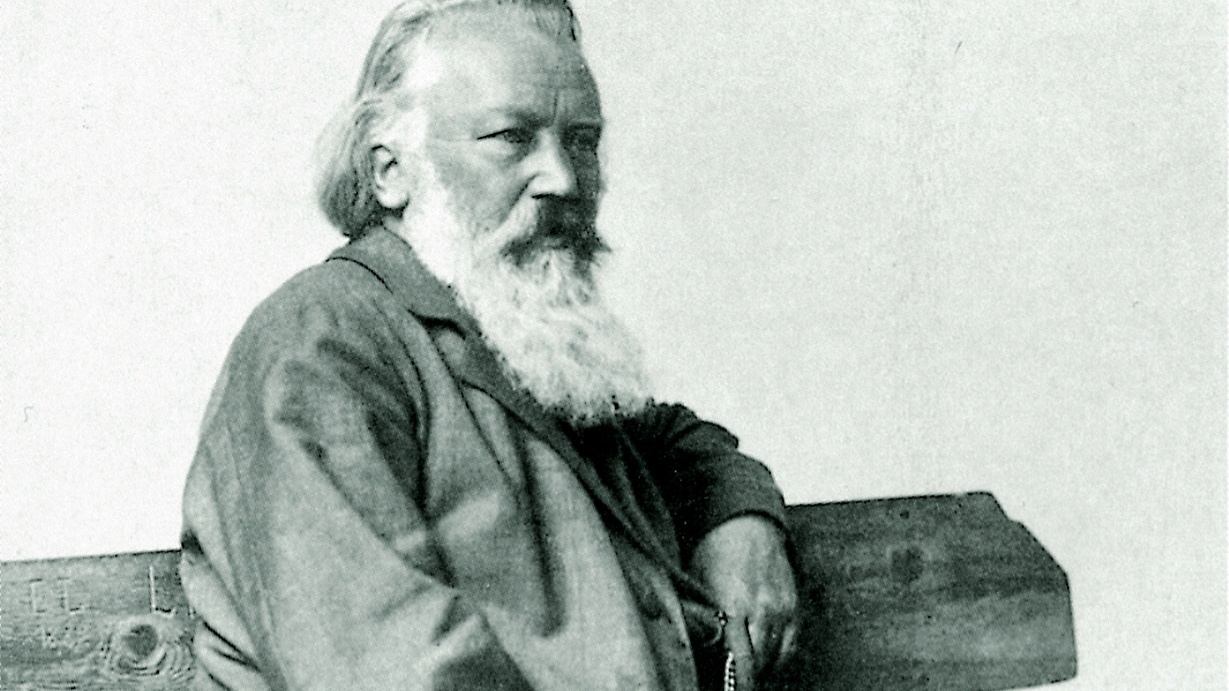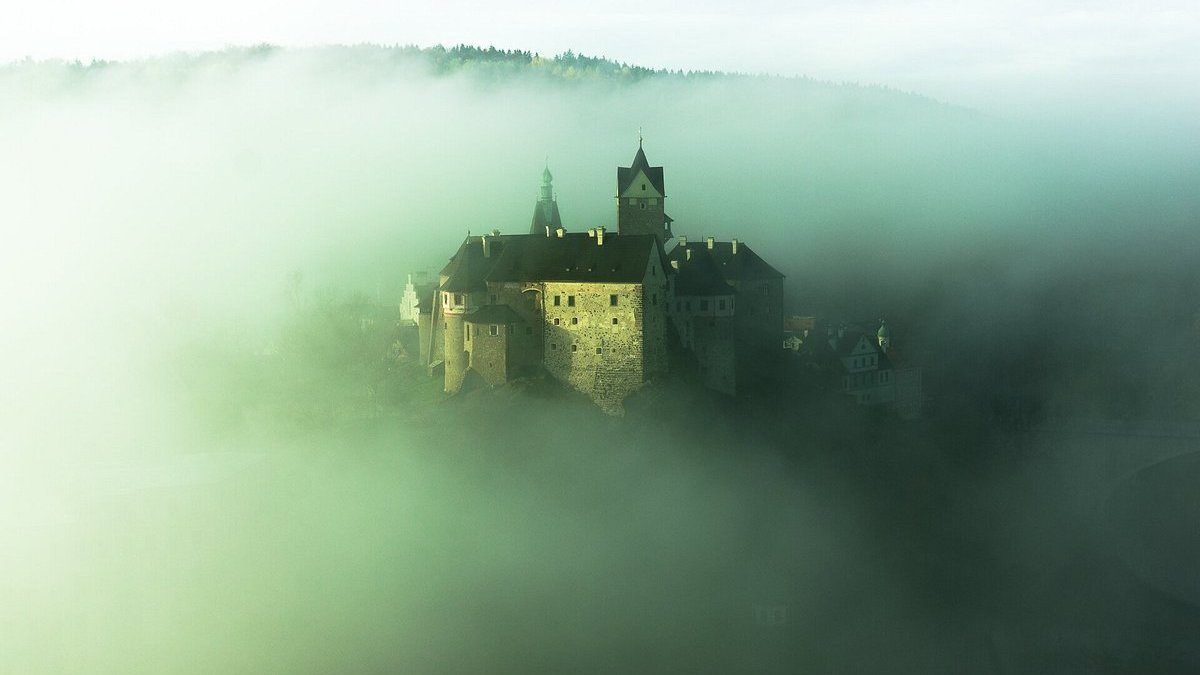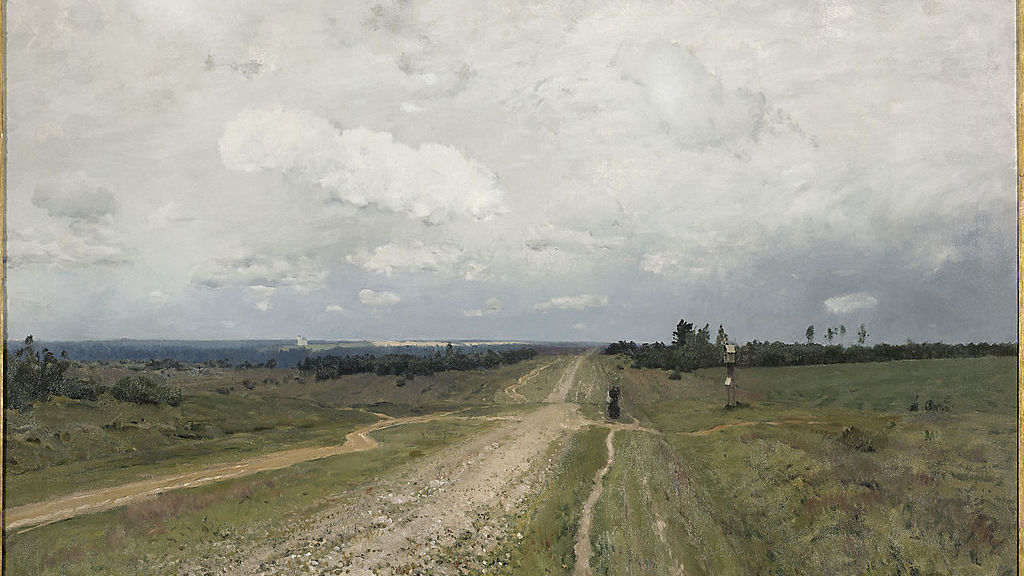Wagner’s “Die Meistersinger”: Walther’s Prize Song from the Third Act
Richard Wagner’s 1868 opera, Die Meistersinger von Nürnberg, is a comic love story, set in sixteenth century Nuremberg. The historical Meistersinger (Master Singers) were a guild of amateur poets and musicians who were primarily middle class master craftsmen of various trades. The guild’s Tabulatur, or law-book, established an intricate system of rules which dictated the structure and performance of songs. In the opening scene of Wagner’s opera, Walther, a knight who has just arrived in …







